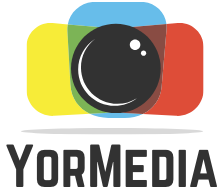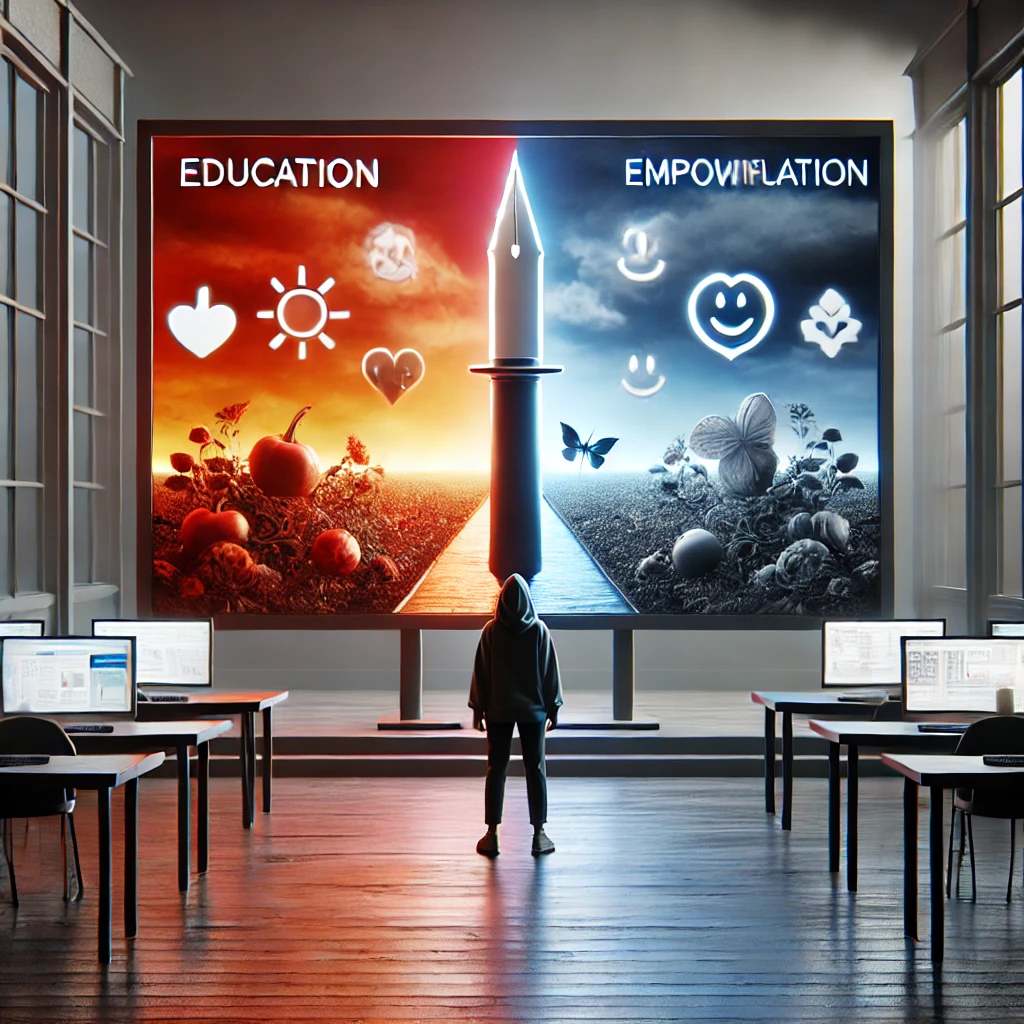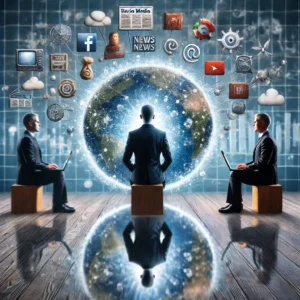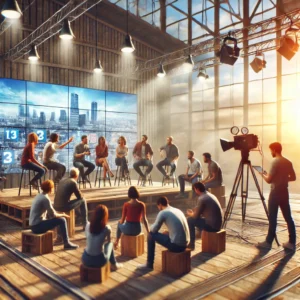The Rise of the Digital Citizen
We are living in the age of the digital citizen. The internet and mobile technology have fundamentally transformed the way we interact with the world, and at the heart of this transformation lies media. No longer are we passive consumers of information delivered by a select few gatekeepers. Today, each of us is a potential creator, publisher, and distributor of content, participating in a global conversation that is constantly evolving. This democratization of media has empowered individuals in unprecedented ways, connecting us across geographical boundaries and fostering a sense of global community.
The Information Age: Blessing or Curse?
The sheer volume of information available at our fingertips is staggering. We can access news from around the world in real time, learn new skills through online courses, and connect with like-minded individuals on social media platforms. This abundance of information can be incredibly empowering, allowing us to stay informed, make better decisions, and expand our horizons. However, this information age also presents significant challenges. The constant influx of notifications, updates, and messages can lead to information overload, making it difficult to focus, prioritize, and discern what is truly important.
The Challenge of Authenticity in a World of Curated Content
In the digital realm, where everyone is vying for attention, the line between reality and fabrication can become blurred. Social media, in particular, often presents a curated version of reality, where individuals showcase the highlights of their lives while downplaying the mundane or challenging aspects. This can lead to feelings of inadequacy and social comparison, as we measure ourselves against the often-unrealistic portrayals of others. Moreover, the ease with which misinformation and “fake news” can spread online poses a significant threat to informed decision-making and public trust.
The Power of Connection and the Perils of Polarization
Media, particularly social media, has an unparalleled ability to connect us with others. We can build relationships with people across the globe, share our experiences, and participate in online communities based on shared interests. This connectivity can be incredibly enriching and empowering. However, the same platforms that connect us can also contribute to polarization. Algorithmic curation often leads to the creation of echo chambers, where individuals are primarily exposed to information that confirms their existing beliefs, reinforcing biases and hindering constructive dialogue with those who hold different perspectives.
Navigating the Future: Media Literacy for the 21st Century
As media continues to evolve at an ever-increasing pace, the need for media literacy has never been greater. We must develop the skills to critically evaluate the information we encounter online, to identify bias and misinformation, and to understand the underlying motivations of those who create and disseminate content. Media literacy is not just about being a savvy consumer of media; it’s about being an active and engaged citizen in a world increasingly shaped by the information we consume. By cultivating these skills, we can harness the power of media for good, fostering a more informed, connected, and equitable society. Only then, can we use it to our advantage?



